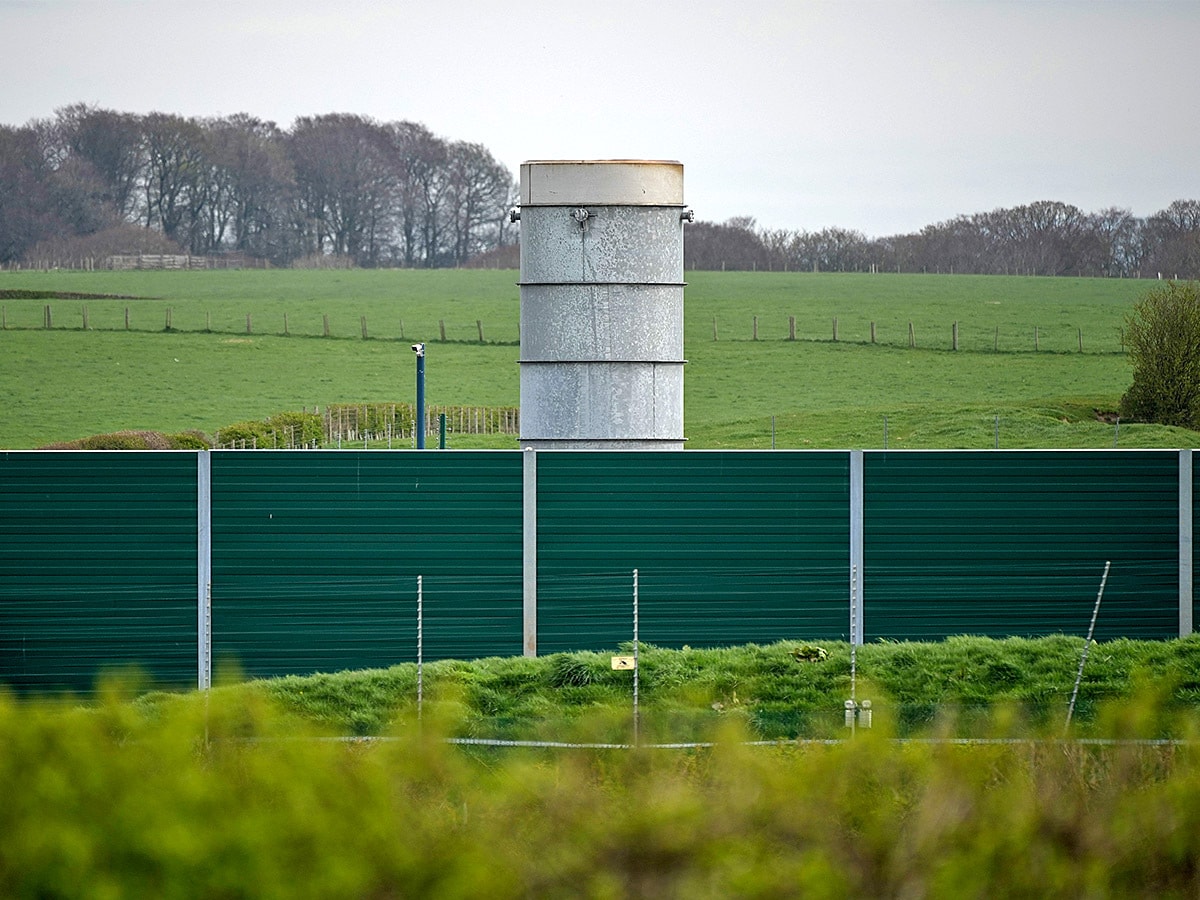The controversial practice of fracking was banned in the UK in 2019 after a 2.9 scale earthquake raised serious questions around its safety. The ban has since recently been lifted, however, lifting the share prices of IGas Energy, Egdon and UK Oil & Gas in recent weeks.
In early September, the UK government led by new prime minister Liz Truss lifted the nation’s ban on fracking. Companies including IGas Energy [IGAS.L], Egdon Resources [EDR.L] and UK Oil & Gas [UKOG.L] rallied following the announcement on 8 September.
Oil and gas exploration company Egdon Resources stock jumped 16% on the day of the announcement. Its share price has risen 65% since the start of August, closing at 6.35p on 21 September.
Following close behind was UK Oil & Gas [UKOG.L], which rose 14.3% after the news, closing at 0.12p, and is up 5.7% since the end of August. Meanwhile, IGas Energy [IGAS.L], which saw its share price spike by 12% in the day following the announcement, though the stock is down 4% since August’s end.
It’s believed the UK has large underground reserves of shale gas that fracking can release. The British Geological Survey (BGS) has estimated up to 37.6tn cubic metres. This might benefit the country, given the ongoing energy crisis, spiralling prices and warnings of winter supply shortages.
IGas Energy and Edgon share prices rally
Of all three companies listed in the FTSE AIM Index, Egdon received the biggest boost from the recent announcement. Its projects are spread across the UK, and include the Wressle oil field in North Lincolnshire. Year-to-date, the Egdon share price is up an enormous 338% – but further returns for investors might depend on whether the fracking decision holds.
Like Egdon’s, the IGas Energy share price has flown in 2022 as the Russia-Ukraine war puts pressure on energy supplies – up a colossal 481% year-to-date. On 15 September, IGas released positive results for the six months to June 30. It announced pretax profits of £6.2m, up from a loss of £14.2m year-over-year, while revenue leapt up to £30.5m from £16.6m in the same period of the previous year.
Unlike its two competitors, UK Oil & Gas has seen its share price slip 20% year-to-date to the close on 21 September. Although it received a boost from the UK government’s announcement last week, the company has previously stated that it has no interest in fracking.
Controversies triggered by the announcement
Fracking is a controversial technique that has been on hold in the UK since 2019, with concerns it can trigger earthquakes, and have negative environmental consequences, promoting reliance on fossil fuels. It involves directing a high-pressure mixture of water, sand and chemicals at rock, causing it to ‘fracture’ and release gas.
Despite recent gains seen by shareholders, fracking is a controversial practice facing criticism within its own industry. Chris Cornelius, geologist and founder of privately-owned fracking company Cuadrilla, made the assertion that the announcement was a purely political gesture that “no sensible investors” would take seriously, seeing that the UK is a “very challenging geology, compared with North America”.
Nevertheless, in April this year IGas Energy claimed it could produce fracked gas at 80 wells within the country for as many as three million homes within 18 months if the ban was overturned. The company also claims that its core shale gas area in the East Midlands is less earthquake-prone than others.
Unpredictable tremors to more than share prices
Fracking faces strong opposition from green groups, and limits could easily be re-imposed – which might impact Egdon, IGas Energy and UK Oil & Gas’ prospects. In 2019, there was evidence of earth tremors reaching a magnitude of 2.9 at the country’s only shale gas site in Lancashire.
Kathryn Porter, an analyst at Watt Logic, recently told City Am she was in favour of setting higher tremor limits, to 2.5 on the Richter scale, up from the current limit of 0. But a forthcoming report by the BGS and seen by TheGuardian claims that forecasting earthquakes due to fracking “remains a scientific challenge”.
A February report by the LSE said: “It is unclear how much shale gas exists in the UK that would be technically and economically viable to extract” – meaning it may not provide the cheap, convenient domestic gas supply the UK government hopes for.
For now, gas companies practising fracking may seem a promising punt for investors unbothered by ESG factors – but could be a risky one.
Disclaimer Past performance is not a reliable indicator of future results.
CMC Markets is an execution-only service provider. The material (whether or not it states any opinions) is for general information purposes only, and does not take into account your personal circumstances or objectives. Nothing in this material is (or should be considered to be) financial, investment or other advice on which reliance should be placed. No opinion given in the material constitutes a recommendation by CMC Markets or the author that any particular investment, security, transaction or investment strategy is suitable for any specific person.
The material has not been prepared in accordance with legal requirements designed to promote the independence of investment research. Although we are not specifically prevented from dealing before providing this material, we do not seek to take advantage of the material prior to its dissemination.
CMC Markets does not endorse or offer opinion on the trading strategies used by the author. Their trading strategies do not guarantee any return and CMC Markets shall not be held responsible for any loss that you may incur, either directly or indirectly, arising from any investment based on any information contained herein.
*Tax treatment depends on individual circumstances and can change or may differ in a jurisdiction other than the UK.
Continue reading for FREE
- Includes free newsletter updates, unsubscribe anytime. Privacy policy





